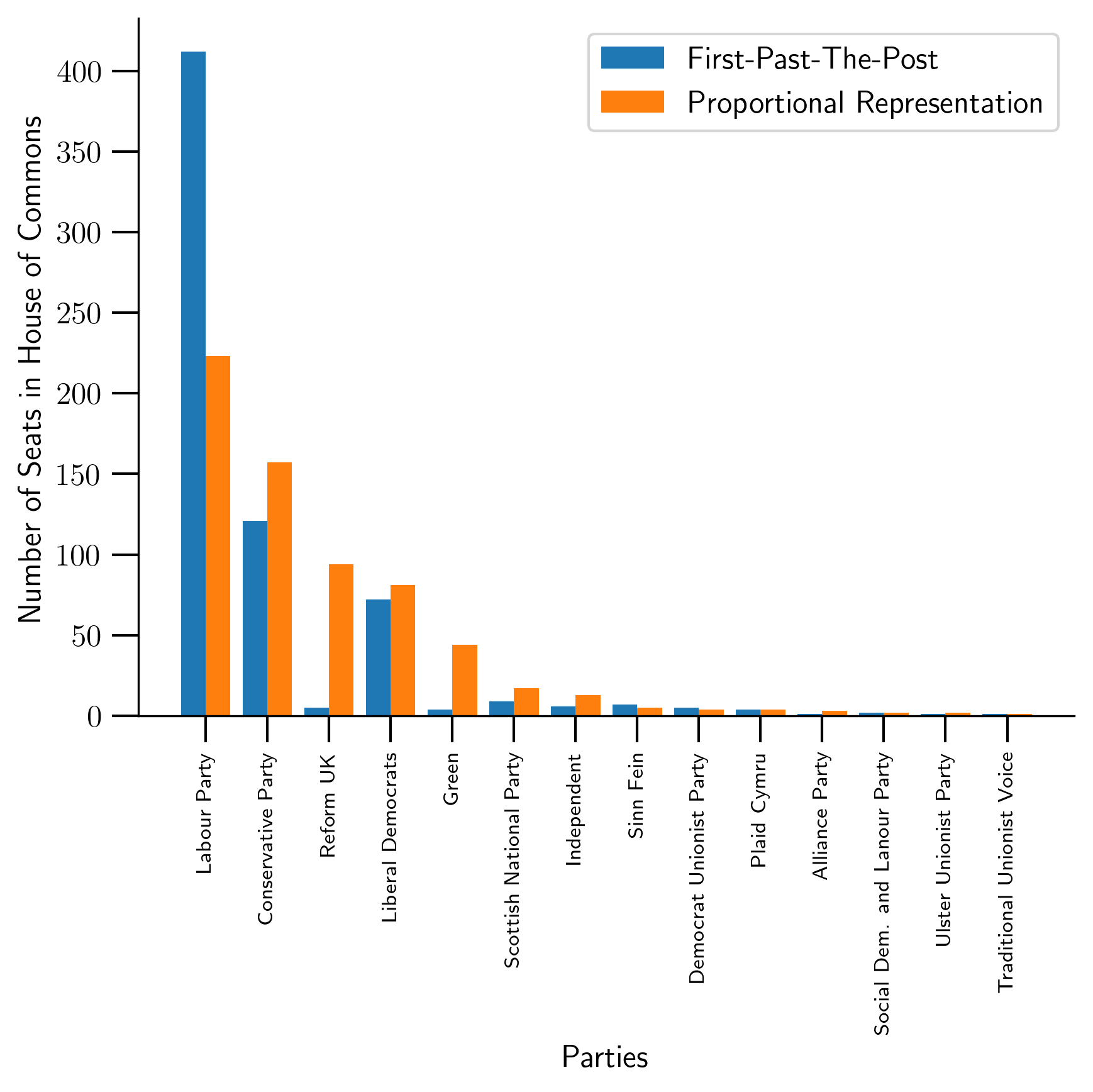Four Governance Takeaways from the 2024 United Kingdom General Elections
While a month on from the 4 July 2024 UK General Elections, it is still too early to see an impact in the UK’s sovereign credit rating, there are some things to keep an eye on that have the potential to influence the rating. With time and good policies, it is likely that the UK sovereign credit rating could improve. After the King’s Speech there are still a lot of policy announcements to come on the economic front, and the 30 October budget is expected to provide additional detail. While economic matters loom large, governance issues form a large part of credit ratings assessments so the new government’s approach to governance will also come under scrutiny. Governance pertains to the mechanisms through which a sovereign exercises power and authority in determining the direction in which the country is going. Given that governance matters to sovereign credit ratings, especially in the context of elections where voice and participation are paramount, let us look at some of the governance takeaways from the election.
1. The Labour Party landslide was expected. After the Conservative Party’s 14-year period in office, the theme of change resonated with the electorate. The Labour Party received a strong mandate to govern receiving over 9 million votes which translated into 412 seats out of a total 650 seats in the House of Commons. Despite having a minority of the popular vote, the Labour Party has over 60 percent control in the House of Commons. This is in direct contrast to voter turnout which was 60 percent, less than the 67.3 percent in 2019, and the lowest turnout in 20 years. The polls suggested for months the near inevitability about the results of the election, which may be one of the reasons why participation was low and why some may have stayed at home. Another reason suggested was a general disengagement regarding politics. This lack of involvement with politics presents an opportunity for the government to reinvigorate the electorate and increase voice and participation, which can contribute to enhancing the governance score in the credit rating assessment.
2. The results from the elections have sparked discussions about the continued relevance of the First-Past-The-Post (FPTP) electoral system. FPTP is a voting system in which a person is elected because they get more votes than anyone else in the area or constituency that they want to represent. The FPTP system contrasts with Proportional Representation (PR) system which suggests that the percentage of seats a party has in the legislature should reflect the percentage of people who voted for that party. Calls for proportional representation by the perceived disadvantaged parties will be inevitable since they believe it will lead to greater voice and participation in the House of Commons. But this was not the first time such calls had been made. There are arguments on both sides for each system, but the simplicity of the FPTP system seems to be the overarching reason an alternative electoral system has not been adopted so far. While there are winners and losers by the political parties when the two systems are compared, under a simulated proportional representation exercise, the Labour Party still garnered the most seats (Figure 1).
Figure 1: The UK 2024 Election results under a First-Past-The-Post versus a simulated Proportional Representation system. Source: The Ratings Advisory Clinic (TRAC), House of Commons Library
3. Votes were spread across a much wider number of parties implying a wide range of preferences. Apart from the two major parties – the Labour Party and the Conservative Party – Reform UK, and the Liberal Democrats received a considerable number of votes. The election also saw significant increase in voice and participation from other parties, including the Green Party, and regional parties like Plaid Cymru, the Scottish National Party, and Sinn Fein. While it is not feasible nor necessarily desirable to make everyone happy, it is important for the Labour Party to understand that their majority hold on the seats was not derived from the majority in the popular vote. If there is the desire to uphold the ideal of being a government that supports all UK citizens this presents an opportunity for the government to be inclusive and consider how they can incorporate other perspectives in their policy agenda.
4. Regardless of ideological persuasion, the political transition was smooth and is credit positive. In a world of post-election turmoil and contested elections, the transition from one government to another was also peaceful and efficient. The orderly and smooth nature of the transition, a mere 24 hours after the poll, is a fitting example for the world to follow. Such a smooth transition supports a strong governance score for the UK.
Want to read the article in PDF form? Click here!

